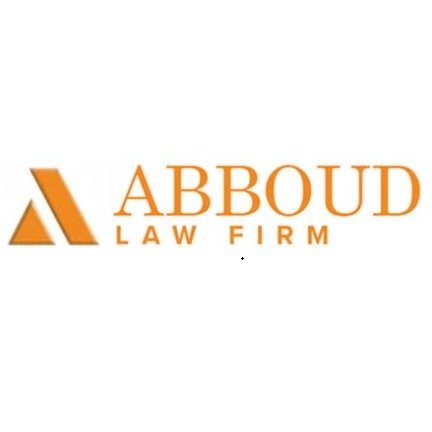Best Workers Compensation Lawyers in Lincoln
Share your needs with us, get contacted by law firms.
Free. Takes 2 min.
List of the best lawyers in Lincoln, United States
About Workers Compensation Law in Lincoln, United States:
Workers Compensation Law in Lincoln, Nebraska pertains to the rights and benefits of individuals injured at work. This sector of law stipulates that employers are responsible for providing insurance coverage for employees who have suffered work-related injuries or illnesses. The benefits can cover medical expenses, wage replacement, and disability benefits depending on the nature and severity of the injury.
Why You May Need a Lawyer:
You might need a lawyer in several scenarios related to Workers Compensation. If your claim has been denied, or you're not receiving the right benefits, having a lawyer to advocate for you can be essential. Also, if your injury results in a permanent disability, a lawyer can be instrumental in securing your long-term benefits. Finally, if there are third-party claims involved or if you are facing retribution from your employer for filing a claim, it's crucial to have a legal professional on your side.
Local Laws Overview:
The state of Nebraska has its own Workers Compensation Act that governs claims in Lincoln. Key facets include the mandate for all businesses to carry workers compensation insurance, regardless of the number of employees. If you get injured at work or suffer an occupational illness, you are entitled to medical expenses, wage replacement benefits, and vocational rehabilitation services. Permanent partial and total disability benefits are also provisions under the local law.
Frequently Asked Questions:
What should I do if I get injured at work?
Report your injury to your employer as soon as possible. Seek medical attention immediately and ensure all treatments and diagnoses are well documented. File a claim for Workers Compensation benefits following the guidelines of the Nebraska Workers Compensation Act.
Can I get fired for filing a workers compensation claim?
No, it is illegal for an employer to discriminate against, retaliate, or fire an employee for filing a Workers Compensation claim.
Do I have to see a particular doctor for treatment?
Under Nebraska law, the employer or insurance provider has the right to select your treating physician for work-related injuries.
What if my claim is denied?
If your claim is denied, you have the right to appeal the decision. This is a situation where legal representation is strongly encouraged.
What type of injuries are covered?
Any injury or illness that occurs as a result of your employment is covered. This includes accidents on the job as well as occupational diseases caused by exposure to harmful substances or conditions at work.
Additional Resources:
You can find further information on the Nebraska Workers' Compensation Court's official website. The Nebraska State Bar Association provides resources regarding legal representation. You may also refer to the Occupational Safety and Health Administration (OSHA) in Nebraska for more information about workplace safety standards and regulations.
Next Steps:
If you need legal assistance for a Workers Compensation case, start by finding a skilled lawyer specializing in this area. Gather all the necessary documents related to your injury, such as medical records, incident reports, and any communication between you and your employer or insurance company regarding your injury. Remember, defending your rights is essential in ensuring you access the benefits you're entitled to under the law.
Lawzana helps you find the best lawyers and law firms in Lincoln through a curated and pre-screened list of qualified legal professionals. Our platform offers rankings and detailed profiles of attorneys and law firms, allowing you to compare based on practice areas, including Workers Compensation, experience, and client feedback.
Each profile includes a description of the firm's areas of practice, client reviews, team members and partners, year of establishment, spoken languages, office locations, contact information, social media presence, and any published articles or resources. Most firms on our platform speak English and are experienced in both local and international legal matters.
Get a quote from top-rated law firms in Lincoln, United States — quickly, securely, and without unnecessary hassle.
Disclaimer:
The information provided on this page is for general informational purposes only and does not constitute legal advice. While we strive to ensure the accuracy and relevance of the content, legal information may change over time, and interpretations of the law can vary. You should always consult with a qualified legal professional for advice specific to your situation.
We disclaim all liability for actions taken or not taken based on the content of this page. If you believe any information is incorrect or outdated, please contact us, and we will review and update it where appropriate.









